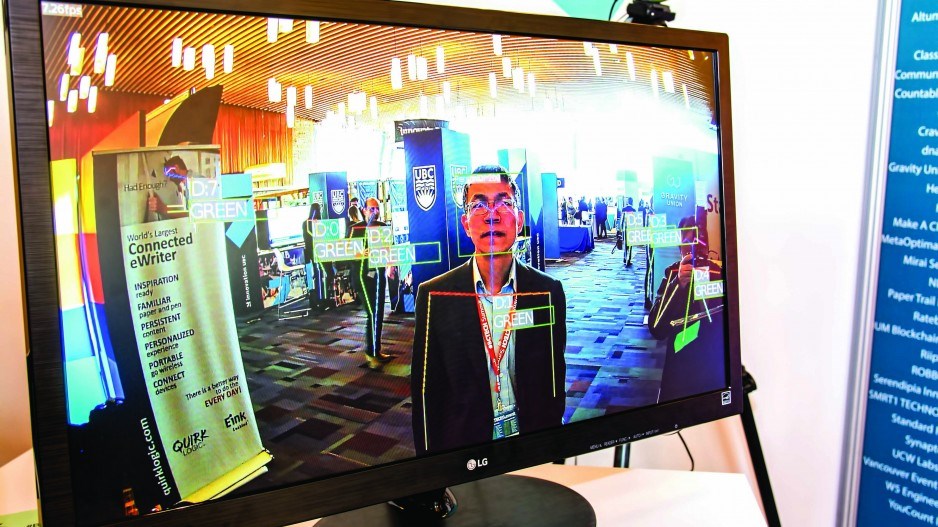With the retirement of BC NDP MLA Michelle Mungall, whose portfolio included the technology sector during her brief stint this year as jobs minister, it remains unclear who at the cabinet table will be championing the province’s innovation economy in the next B.C. government.
Mungall’s replacement won’t be inheriting a sector battered by the pandemic like hospitality and tourism but, rather, an industry proving resilient amid remote-working policies and an acceleration in techadoption.
So what are the top needs for the innovation economy if it’s to keep generating tax revenue for provincial coffers?
“What we need from government is real engagement and real policies that would help build the techsector,” said Jill Tipping, CEO of the BC Tech Association.
She wants the province to prioritize training for tech workers, support for scaling up companies as they move out of the startup stage and rethink government procurement policies.
“We need to start buying from appropriately qualified B.C.-based businesses,” she said. “They are getting quite frustrated with the challenges with selling to the home team, whether that’s provincially or federally.… The best source of revenue for any company is a customer dollar. So if we can have government as a customer, that is one of the most valuable ways in which government can show support to the tech sector.”
Just ahead of the election, B.C.’s economic recovery plan included a $500 million strategic investment fund aimed at startups and $90 million directed at improving internet services in rural communities.
The BC NDP’s election platform promised investment in made-in-B.C carbon capture technology, support for innovation clusters, the creation of 2,000 new “tech-relevant” spaces in post-secondary institutions and the creation of a mining innovation hub.
Launch Ventures Ltd. CEO Ray Walia, whose firm shepherds early-stage tech companies through a network of incubators, said the province must also recognize that a permanent shift in how people work is underway as more leave the city for the suburbs.
He said transportation infrastructure investments will be needed to accommodate that shift, noting the government has promised to extend the SkyTrain to Langley.
Walia expects Vancouver will maintain its tech hub status as giants like Amazon.com Inc. (Nasdaq:AMZN) ramp up hiring in the city.
But there’s a concern that some of those serendipitous meetings at downtown coffee shops between industry leaders may fall by the wayside with a shift to remote and hybrid working setups.
“It’s a co-ordinated effort,” Walia said. “You bring in the larger corporations into the dialogue and look at how do we build infrastructure in Surrey, infrastructure in Kelowna, infrastructure in Squamish where not only their employees can have places to congregate remotely but also entrepreneurs and other small-business owners can come in and work out of these hubs.”
He’s also hoping the B.C. government looks at Alberta’s new initiatives aimed at attracting top foreign talent to settle in the province: the International Graduate Entrepreneur Immigration Stream and the Foreign Graduate Startup Visa Stream.
Walia said he’s keen for government to make it easier for angel and international investors to come to the province to invest.
“There are these creative opportunities, but, again, it does take a desire from the government level to want to engage with the tech community and explore these options.”
Gordon McCauley, president and CEO of adMare BioInnovations Inc., a non-profit organization that helps commercialize academic research, said government must be focused on investing in research within life sciences as well as the training of workers emerging from West Coast research universities.
“But it’s also about creating the environment,” he said.
From a practical perspective, that means ensuring there is more commercial-grade experimental lab space available for companies to rent out for research purposes.
The problem now, according to McCauley, is those labs need to be close to research universities and hospitals, but available property remains tight.
He added that the region has been making strides attracting venture capital, but he’d like government to be comparing Vancouver’s life science scene to its top competitors.
“It doesn’t make much sense to exploit a resource, if you will, the intellectual resource of the province, and then see the economic benefit of that … end up in California, Boston or New York,” he said.
Tipping said one lingering concern is if the province focuses only on distressed industries, such as hospitality and tourism, and take for granted ones already proving resilient amid the downturn.
“For every country in the world, for every province in Canada, for every municipality – [the pandemic] has moved technology and innovation out of the nice-to-have box into the need-to-have box. If we aren’t good at this, if we don’t support in our homegrown champions, if we don’t invest in our own tech sector, we’ll be importing all of our technology,” she said.
“We know that this is going to be one of the key drivers for every economy in the world, so the competition just got tougher.”


